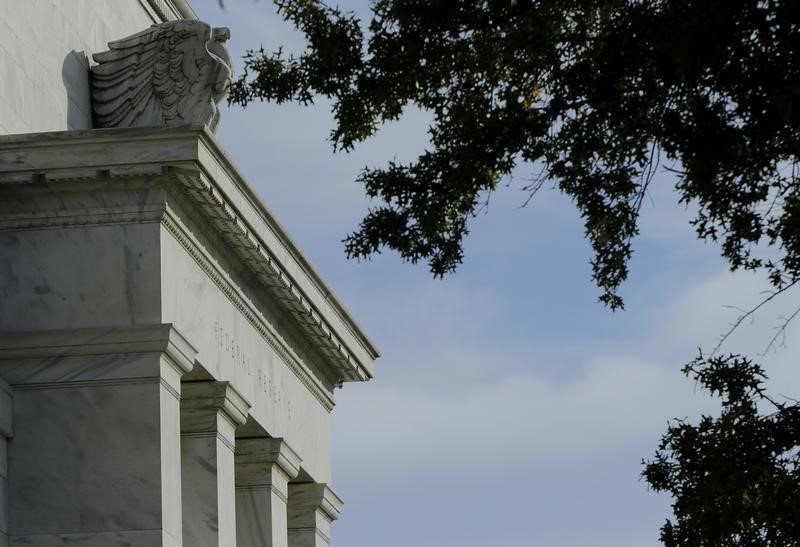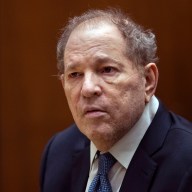By Lindsay Dunsmuir
(Reuters) – Central banks should make negative interest rates a fully integrated part of monetary policy in order to respond effectively to future recessions, according to an academic paper presented on Friday to some of the world’s top central bankers. “It is only a matter of time before another cyclical downturn calls for aggressive negative nominal interest rate policy actions,” concludes Marvin Goodfriend, a professor of economics at Carnegie Mellon University and a former policy adviser at the Richmond Federal Reserve bank. Negative interest rates have emerged as a hot topic in economic circles as central banks look for ways to stimulate growth and inflation from persistently low levels.
When rates are negative, banks must pay to hold funds on deposit at the central bank, giving them added incentive to lend.
They have already been introduced in the Euro area, Switzerland, Sweden and Japan to varying degrees of success.
Most central banks consider moving to negative rates an exceptional short-term circumstance rather than an integral part of their toolkit.
The U.S. Federal Reserve has been ambivalent about turning to negative interest rates in the future, and only recently confirmed that such a move would be legal.
However, in a paper delivered to an economic policy conference in Jackson Hole, Wyoming, Goodfriend concludes that a sustained move below zero during a future crisis may be the only way to achieve and maintain a stable purchasing power of money. The decline in the level of the neutral rate of interest globally and the inability of banks who have raised short-term interest rates since the crisis to sustain them necessitate such a rethink, he said. A whole host of central bankers including U.S. Fed Chair Janet Yellen and Bank of Japan Governor Haruhiko Kuroda are at the Jackson Hole conference, which runs through Saturday.
The title of this year’s conference, “Designing Resilient Monetary Policy Frameworks for the Future,” reflects the global economic and monetary policy uncertainty they face.
Relying on interest rate policy in a future crisis would be “far superior” to alternatives such as more quantitative easing or using fiscal policy, Goodfriend said.
“Interest rate policy is by far the most flexible, the least intrusive to markets, and has proven capable of targeting low inflation,” he wrote.
When the next recession hits, the federal funds rate would likely have to be brought down to minus 1 percent or minus 2 percent to kickstart a recovery, according to Goodfriend.
However, he said, for negative rates to be fully effective, paper money would have to be made more costly to hold or else be abolished altogether in favor of electronic currency.
(Reporting by Lindsay Dunsmuir; Editing by Andrea Ricci)
Negative rates should be integral part of central bank policy options: paper

By Lindsay Dunsmuir















